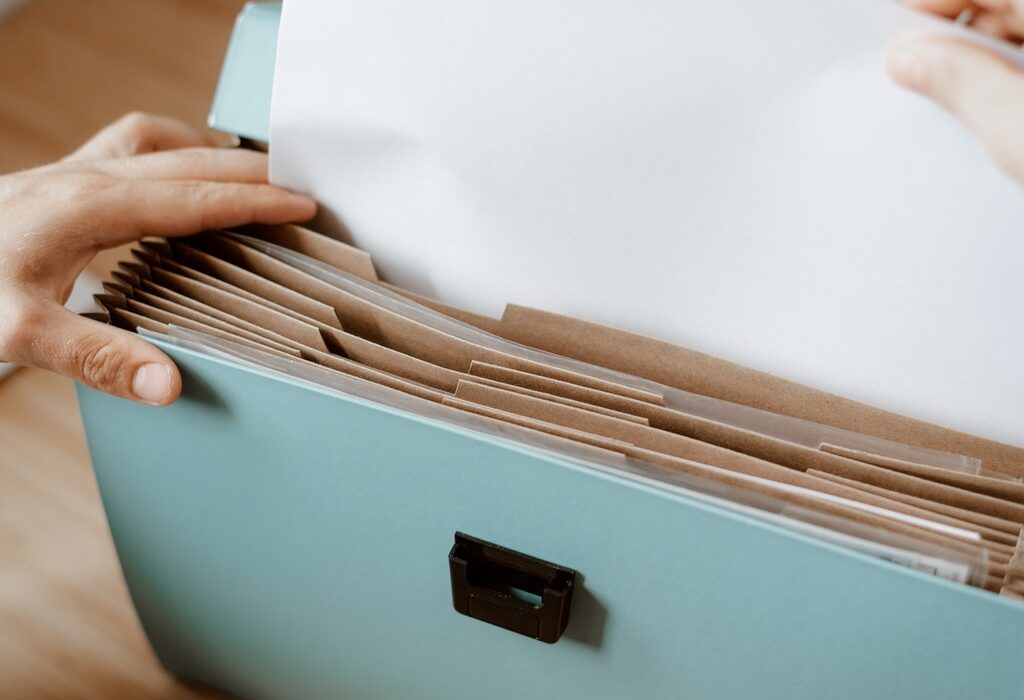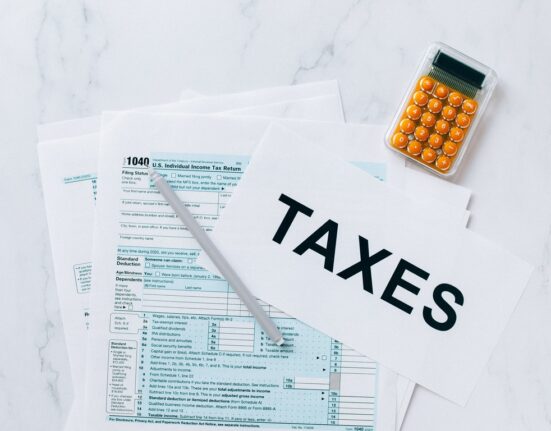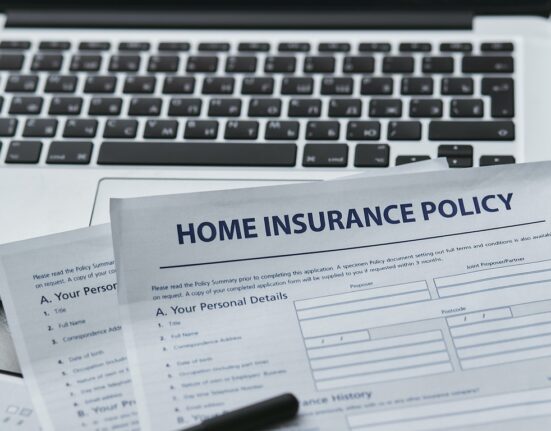Mortgages can be intimidating — you don’t want to rush into anything and get stuck in a contract you can’t escape from or overspend on an oversized home. Your mortgage is going to be one of the biggest payments you’ll make every month. That’s why we’ve assembled this handy guide. We will guide you through a checklist of documents you need to ensure you have on hand to have the best possible experience obtaining your loan.
Salary Statements
Along with two years of tax returns and a copy of your credit report, make sure you have the past two year’s worth of your W2s or 1099s. It proves to any lender that you’re capable of paying off the loan based on your income. Plus, if you’ve moved around a lot, it’s great evidence of where you have lived in the past few years.
Other Income
Before your home loan appointment, make sure you have copies of all relevant documents for any additional sources of income. Bring copies of any disability checks you receive or alimony checks or dividends from accounts or investments. If you don’t have these documents available electronically, bring the originals so they can be copied.
Assets
Your lender will use your monetary assets to get an overall impression of where you stand financially. Dig up some old statements from your savings account and look for the latest reports on your stocks, mutual funds, ETFs, bonds, and whatever else you’ve got in your portfolio.
Tax Returns
Your mortgage lender wants to get a clearer picture of your income. To know you can repay the home loan, they’ll ask for your tax returns. With your returns, they can calculate your debt-to-income ratio.
Rent Receipts
Whether you live at home with your parents or rent a property, the bank will need to reach out to your landlord or housing provider for proof of residency. Bring along either your rent receipts for the last year or your landlord’s contact details.
Current Debt
In the application stage for a home loan, your bank will want to know about all of your debts. Even if you don’t think they’re significant, it’s best to declare any loans or credit card balances that you are currently paying off. The wrong information could slow down your application and put the settlement date at risk.







